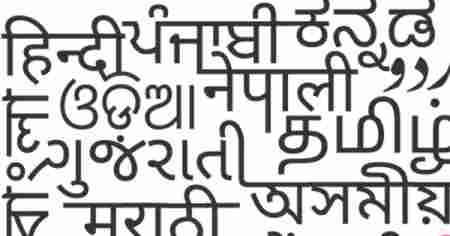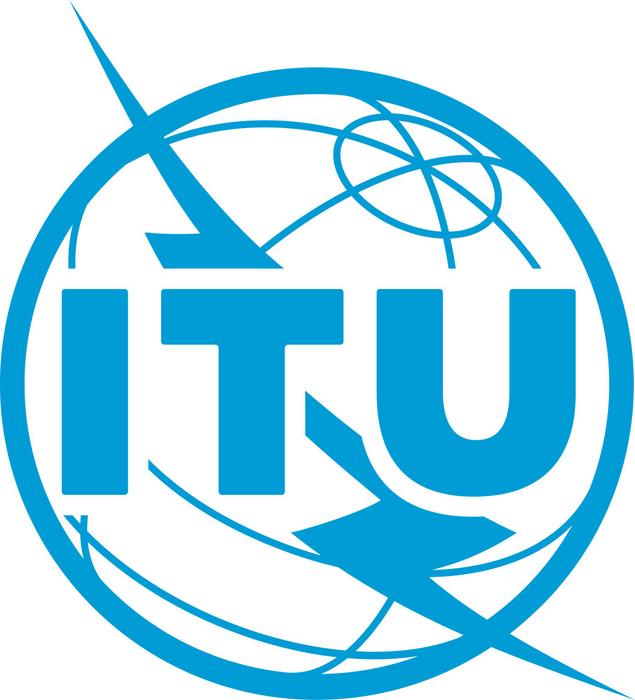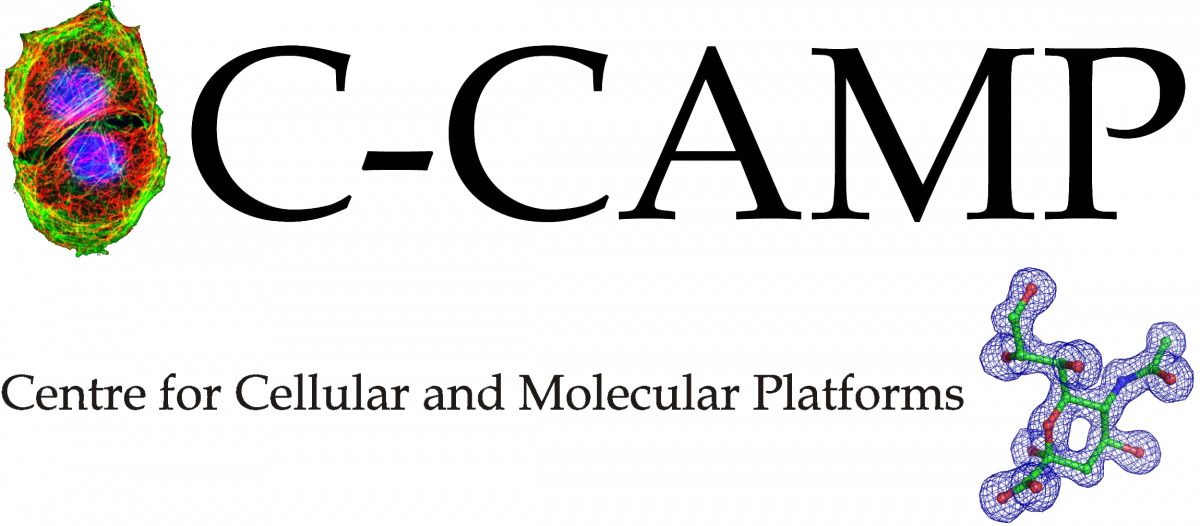TuluAI is a groundbreaking initiative driven by Amrith Ashok Shenava, founder of the real estate tech startup Flashmates.
Motivated by the absence of support for his mother tongue in major AI platforms, Shenava is developing TuluAI as a proprietary AI-powered language model tailored to digitize and preserve the Tulu language.
Building on earlier experiments—a Tulu translator in 2021 and a language-learning app—TuluAI consolidates these tools into a single platform powered by uniquely trained Large Language Models (LLMs) for learning, communication, and content creation in Tulu.
The platform’s ambition extends beyond utility—it’s a cultural preservation tool. TuluAI enables users to interact with digital interfaces in Tulu, empowering native speakers and learners alike. Shenava independently developed the platform during nights and weekends, from a base of personal commitment rather than venture funding. Though currently in testing, TuluAI is slated for relaunch in the coming months and will be integrated into the Flashmates ecosystem to enhance multilingual accessibility and reach.
India is home to nearly 20,000 languages, many of which remain marginalized in the digital landscape. TuluAI confronts this imbalance directly, aiming to make Tulu both technologically functional and culturally visible in a world dominated by dominant languages. By enabling content creation and dialogue in Tulu, the project paves the way for digital inclusivity in regional contexts and safeguards linguistic diversity in the AI era.
Beyond TuluAI, the global field of AI-driven language preservation is gaining momentum: Te Hiku Media, for instance, created an automatic speech recognition system for Te Reo Māori, achieving over 92% transcription accuracy by training on community archival audio. This initiative underscores the importance of community ownership over linguistic data—what Te Hiku’s CEO calls “digital land”—ensuring that AI serves cultural sovereignty rather than undermines it.
Likewise, Indonesia’s language development agency is leveraging AI to preserve its 700+ indigenous languages by tapping into incomplete dictionaries and partnering with communities and scholars to build models assessing language vitality. This effort, aligned with global ambitions (through UNESCO’s International Decade of Indigenous Languages, 2022–2032), reflects a shared urgency to harness AI for empowering linguistic heritage rather than erasing it.







